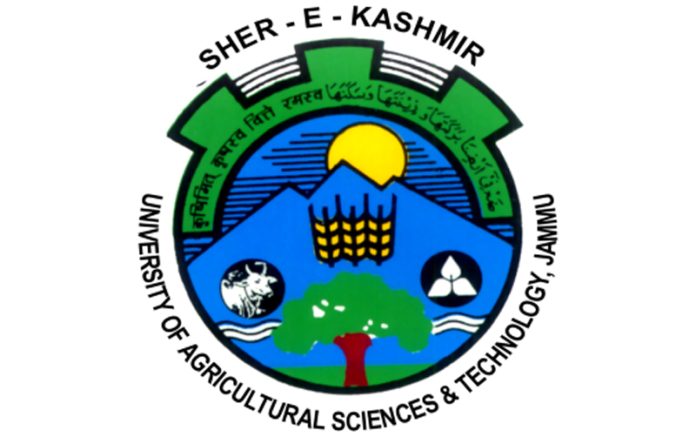The initiative by SKUAST to establish Agriculture Branding Centres (ABCs) in collaboration with the Department of Horticulture, Planning, and Marketing is a beacon of hope for the farming community in the region. This groundbreaking initiative aims not only to uplift farmers but also to revolutionise the agricultural landscape of the UT. The strategy is clear: empower local farmers and enhance the marketability of their produce. The establishment of ABCs in both the Jammu and Kashmir regions signifies a concerted effort to bridge the gap between farmers and consumers, both online and offline. With one ABC slated for construction at the Chatha campus of SKUAST-Jammu and another already operational at the SKUAST-Kashmir campus, the stage is set for transformative change. These centres will serve as bastions of institutional support, guiding farmers through the intricacies of branding and marketing their agricultural products. Through comprehensive surveys and awareness programmes, farmers are being equipped with the knowledge and tools necessary to elevate their produce to market standards.
The next phase involves rigorous laboratory testing in collaboration with scientific and technological institutions. This meticulous evaluation of nutritional and chemical properties aims at refining and enhancing the quality of agricultural goods, ensuring they meet stringent market demands. Seeking the expertise of institutions like the IIT and IIM for proper branding and packaging further amplifies the market-readiness of these products.
The ripple effects of these initiatives extend far beyond individual farmers, encompassing the broader agricultural ecosystem, including farmer-producer organisations (FPOs). By bolstering the agricultural economy of the region, these efforts have the potential to catalyse sustainable growth and prosperity. The proposed 29 major interventions in the agricultural sector will strengthen the agricultural economy. From the development of seed and seed multiplication chains to promoting niche crops and technological interventions, each intervention is a building block towards a more resilient and prosperous agricultural sector. Of particular significance is the emphasis on promoting sustainable practices, minimising pesticide use, and adopting sensor-based smart agriculture. In a world grappling with environmental degradation and climate change, such initiatives are not just commendable but essential for ensuring the long-term viability of agriculture in the region. Furthermore, the focus on diversification, including the promotion of medicinal and aromatic plants, nutritional cereals, and commercial floriculture, reflects a forward-thinking approach towards meeting evolving market demands. By tapping into niche markets and value-added products, farmers can not only increase their incomes but also mitigate the risks associated with traditional mono-cropping practices.
Equally crucial is the emphasis on human resource development and capacity building. By investing in training programmes and technological backstops, the agricultural workforce can stay abreast of the latest advancements in farming practices. This not only enhances productivity but also fosters a culture of innovation and resilience within the agricultural community.
The Government has allocated significant funds to establish esteemed institutions such as SKUAST agricultural universities, a horticulture university, IIT, and IIM in Jammu and Kashmir. By leveraging the expertise of these prestigious institutions, the Government aims to harness the best minds in their respective fields to drive dynamic improvements in agricultural production and income generation. It is a golden opportunity for them to contribute their expertise towards the transformation of the region’s agricultural sector. With a professional and strategic approach, positive results can be achieved in the shortest possible time frame.
However, for these initiatives to truly succeed, they must be accompanied by robust policy support, infrastructure development, and access to finance. Investments in rural infrastructure, including roads, cold storage facilities, and market infrastructure, are critical for reducing post-harvest losses and improving market access for farmers. The Government has initiated a significant milestone in the journey towards transforming agriculture in Jammu and Kashmir. These initiatives have the potential to unlock the full potential of the region’s agricultural sector with sustained commitment from all stakeholders, coupled with supportive policies and investments.
Trending Now
E-Paper


